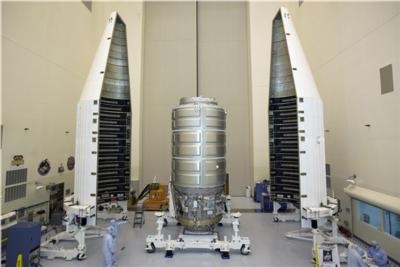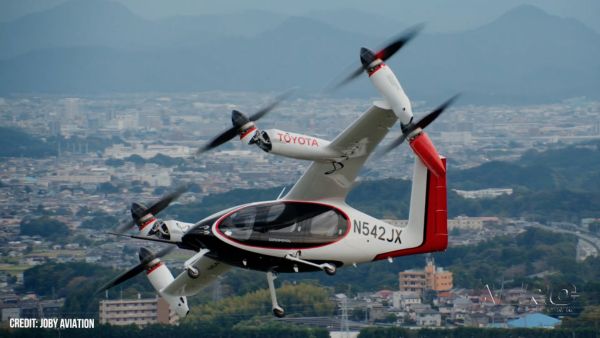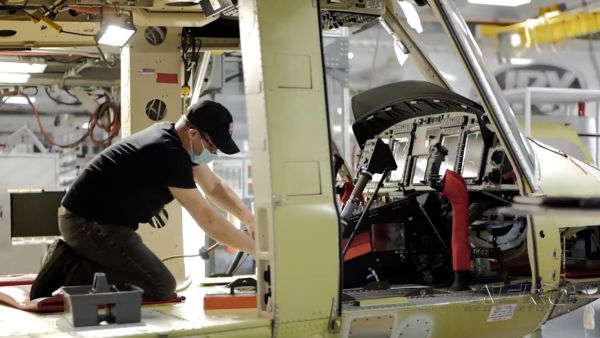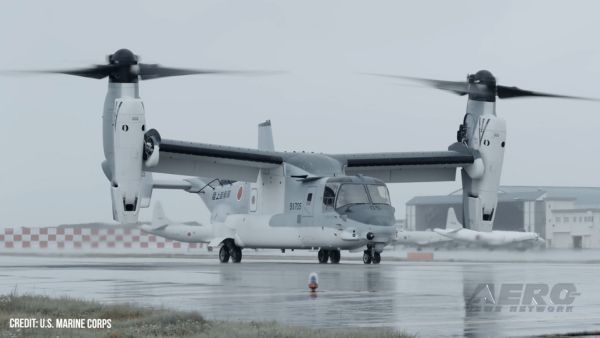Thu, Dec 03, 2015
Advertisement
More News
 ANN's Daily Aero-Linx (11.07.24)
ANN's Daily Aero-Linx (11.07.24)
Aero Linx: Vertical Aviation Safety Team (VAST) The Vertical Aviation Safety Team (VAST) is a public–private initiative to enhance worldwide flight operations safety in all s>[...]
 ANN's Daily Aero-Term (11.07.24): Maximum Authorized Altitude
ANN's Daily Aero-Term (11.07.24): Maximum Authorized Altitude
Maximum Authorized Altitude A published altitude representing the maximum usable altitude or flight level for an airspace structure or route segment. It is the highest altitude on >[...]
 Aero-News: Quote of the Day (11.08.24)
Aero-News: Quote of the Day (11.08.24)
“The final hole size matched-drilled technology ensures that all parts align perfectly, reducing the need for measurements and adjustments. This advancement not only saves ti>[...]
 Airborne-Flight Training 11.07.24: CFI Changes, DPE Symposium, Evektor Harmony
Airborne-Flight Training 11.07.24: CFI Changes, DPE Symposium, Evektor Harmony
Also: EAA Scholarship, Keewatin Air Pilots, Bell Textron Donates, Capt. Judy Cameron Scholarship On December 1, 2024, the FAA will be finalizing major changes for current and futur>[...]
 Classic Aero-TV: Of Old Crows and Young Hearts
Classic Aero-TV: Of Old Crows and Young Hearts
An SnF2023 Favorite (YouTube Edition): The Stearman Storyteller A young Dutch boy looked on, rapt with amazement, as a T-6 pilot flew an aerobatic routine during an airshow long lo>[...]
blog comments powered by Disqus




